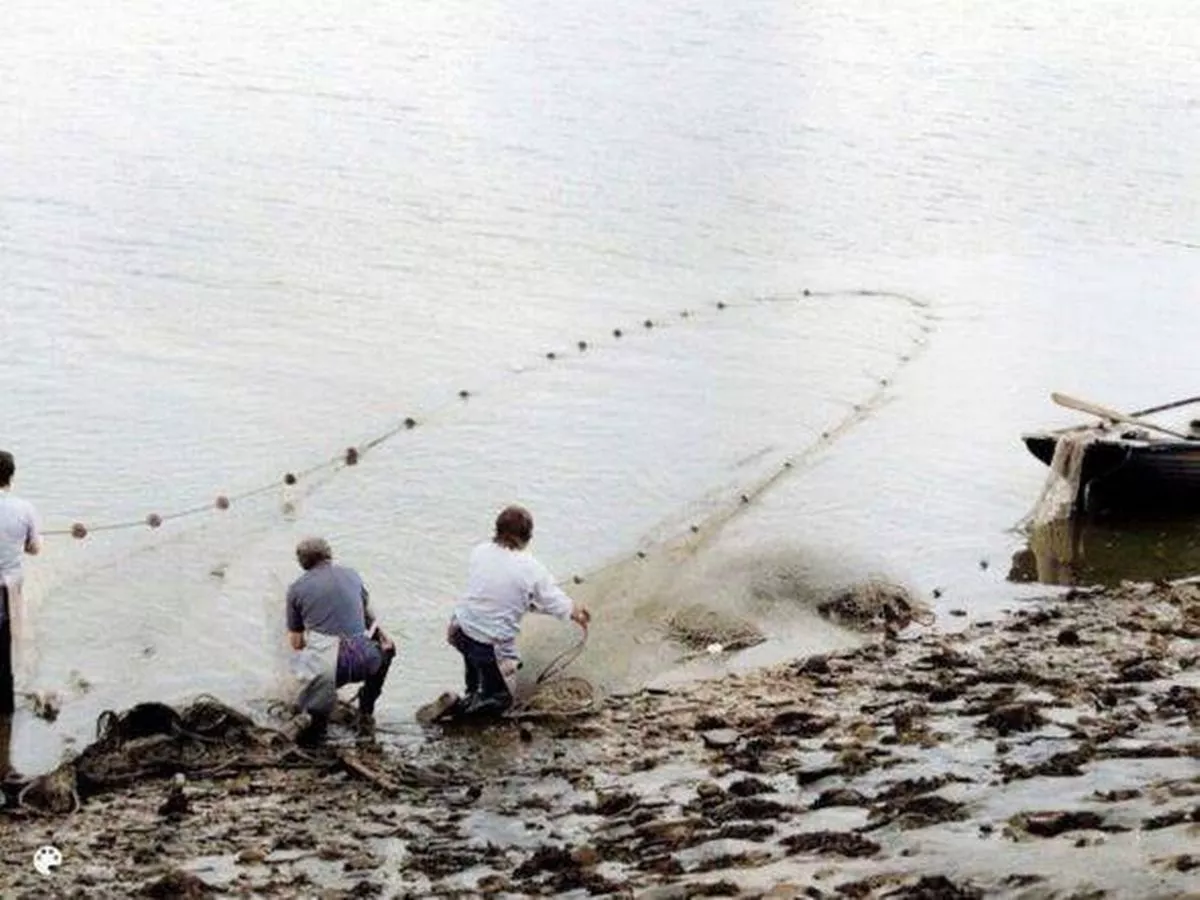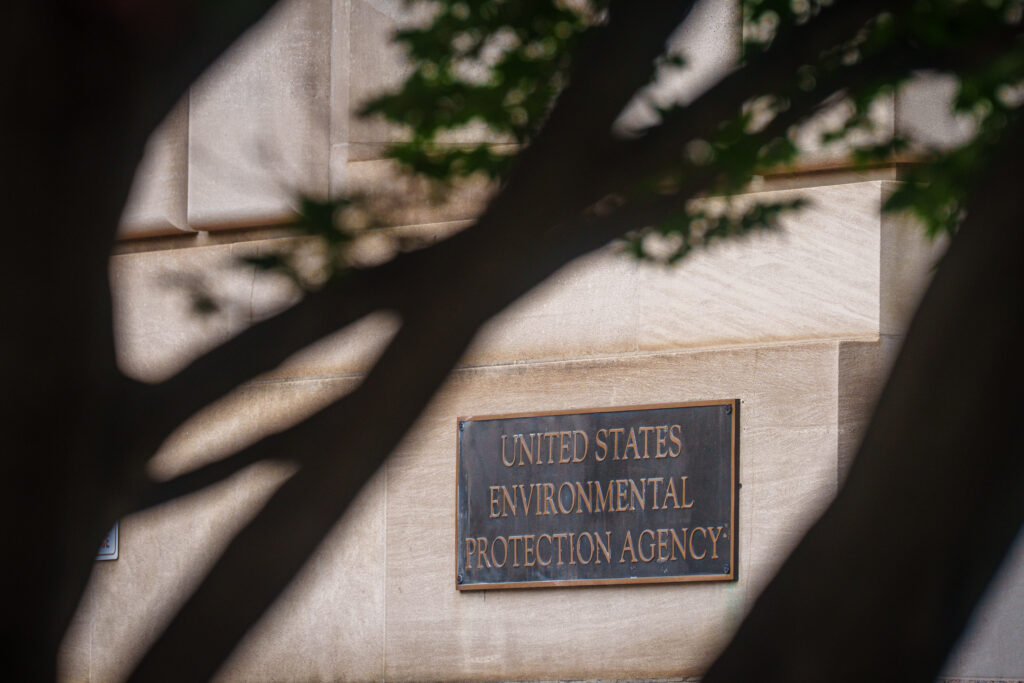By Katie Oborn
Copyright walesonline

A British fisherman has been forced to abandon his traditional way of life as centuries-old fishing methods face heavy restrictions. Colin Matthews, a Cornish fisherman who was ‘born into it’, has spoken out about the widespread closure of fisheries across the UK. Matthews, who has been netting salmon in the River Tamar for decades following in his father’s footsteps, is deeply frustrated by the situation. The 61-year-old has been practising traditional net fishing since he was a child, with the method passed down through generations. However, it’s not just Cornwall feeling the impact. Matthews explained that traditional fishermen in Wales have now begun their brief fishing seasons. He highlighted the increasing difficulty in preserving this fishing tradition due to ‘catch restrictions, a shortened season and increases in licence fees’. The Environment Agency (EA) has defended these measures, stating they were implemented years ago to protect local fish stocks. However, Matthews firmly believes that this ‘ancient fishing practice’ works harmoniously with the environment, reports the Express . Despite the EA’s stance, Matthews insists there are ‘plenty of salmon in the Tamar’. Now limited to using rod and line only under his licence, he catches a small number of fish each season. He said: “They take us away (traditional net fishermen) on a byelaw saying there’s no fish, they want to keep them all for the rich, it’s a bitter pill to swallow.. “That’s what annoys me. I caught my quota every year of 23 salmon a season and they say there’s no fish there. “These people, they are ruining people’s lives. When I lost my salmon licence after 25 years, it felt like the end of my life. “It was all I knew, my make-up. I went out with my dad when I was 6-years-old, staying in a tent while he was netting salmon. “So I did all that fighting to get my salmon licence. I was drift-netting in the Tamar first, for a living, registered boat catching bass and mullet, until the byelaw came in. “The Environment Agency took away my livelihood, they said it was killing all the salmon coming up the river, the drift-netting because the bass was there. “Yet I was catching my quota every year, but they say there was no salmon there, how did I get my quota every year then?”. “It just beggars belief, it just annoys me so much – and it just seems so unfair that the Environmental Agency can take away our way of life and still allow up to 500 leisure rods to take one fish a day. Surely that’s not protecting salmon stocks.” He has also highlighted how he’s witnessed river water quality deteriorating over recent years, documenting the decline through videos and photographs shared on his Facebook page, ‘Traditional Salmon Fishery Group UK’, which features waterways from across the nation. Colin believes ‘pollution is causing more issues than fishing’ regarding salmon and other river species, yet the EA have stated that salmon stocks in England are at their lowest recorded levels – which is why they suspended net fishing on the River Tamar. Another point that Colin emphasised was that numerous recreational angling activities market the River Tamar as ‘the most productive river for salmon in Devon and Cornwall’. The Visit Tamar Valley website describes the location and its angling opportunities: “The three rivers of the Tamar Valley and their combined tributaries are home to some of the best fishing in the county. “The middle and lower reaches of the Tamar offer superb salmon fishing, with many beats ideal for fly fishing.” The Visit Tamar Valley website adds that the river is ‘designated as an ‘index river’ and continuous monitoring of fish stocks is carried out’. An Environment Agency spokesperson said: “Salmon numbers are currently among the lowest on record and are below sustainable levels in many rivers, including in the River Tamar. “In 2019 we paused fishing for salmon with nets in the River Tamar to help salmon numbers recover. We are consulting with the local community on next steps to minimise the impacts from fishing.” Loss of habitat, water quality and contamination, migration obstacles alongside disease are also likely to be contributing factors in declining salmon populations, with climate change having a massive impact on the fish as they require cold water to reproduce. In 2004, a net limitation order (NLO) was put into effect on the River Tamar, imposing restrictions on fishing activities, including a halt to salmon netting, in an effort to safeguard local fish populations. A decade later, in 2014, salmon netting was allowed to recommence on the Tamar estuary, albeit with stringent catch limits, following a routine 10-year review of the NLO. This decision was made in light of improvements in salmon stocks. However, by 2019, due to a significant drop in salmon stocks across England, salmon netting was once again banned on the Tamar estuary for a period of 10 years under the National Salmon and Sea Trout Protection Byelaws. These byelaws not only prohibited salmon netting throughout England where stocks were deemed at risk, but also enforced mandatory catch and release for salmon rod fisheries where the salmon stock was considered to be “at risk”. The Environment Agency (EA) is presently contemplating the necessity for additional measures to regulate salmon exploitation, which may include the ongoing prohibition of salmon netting and limitations on rod and line fishing in England. The EA clarified: “We are currently undertaking informal consultation with the rod and net fishing communities to determine the most appropriate measures to continue to protect salmon from the effects of fishing. “If additional measures are required, a formal public consultation on this will be launched, and all stakeholders will be encouraged to submit their views prior to any new measures being implemented.” EA stated that fishers affected by the introduction of the national salmon and sea trout byelaws in 2019 ‘were offered and accepted financial compensation’. These measures ‘provided payments to net fishers in exchange for not fishing’.



